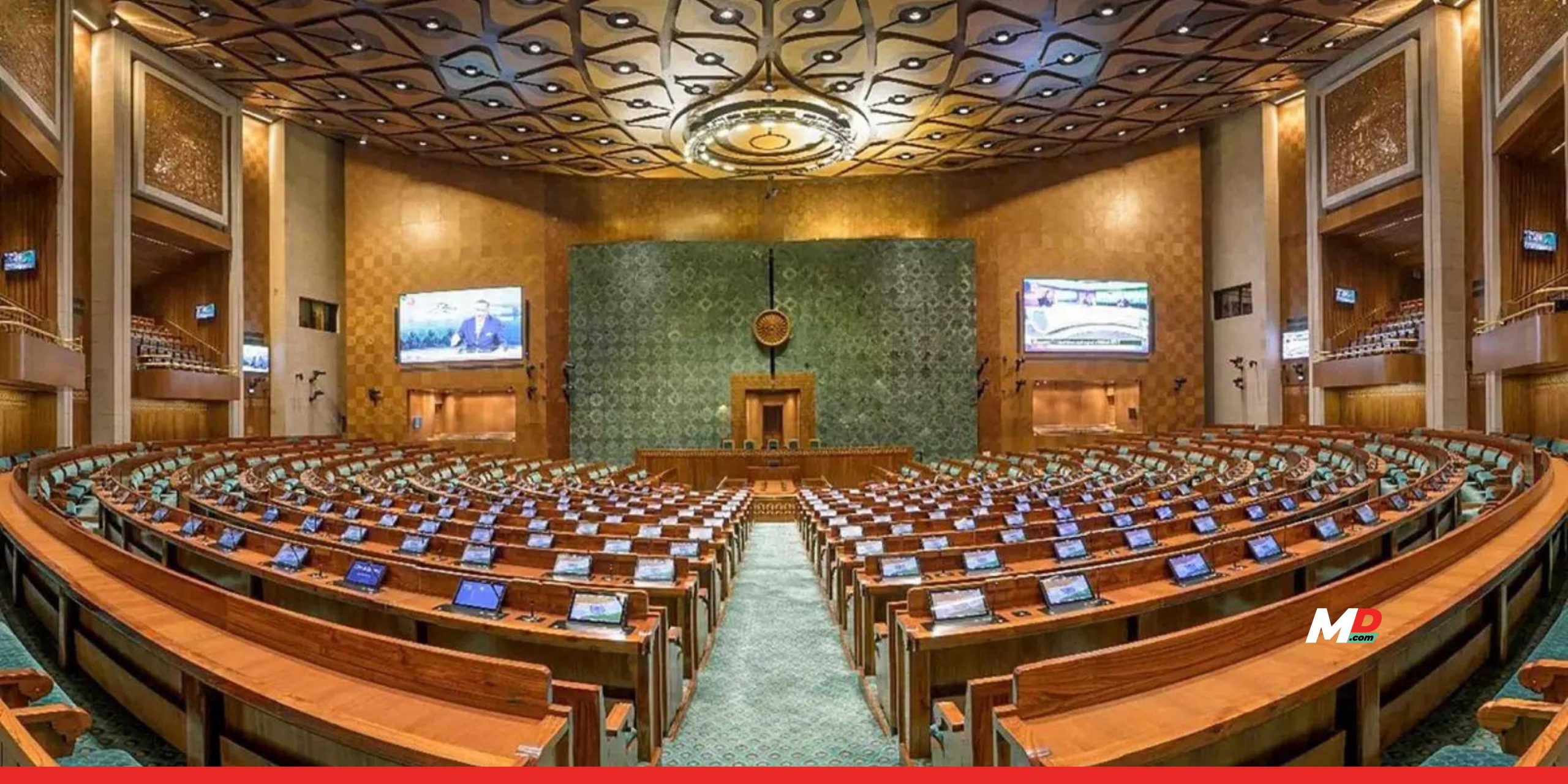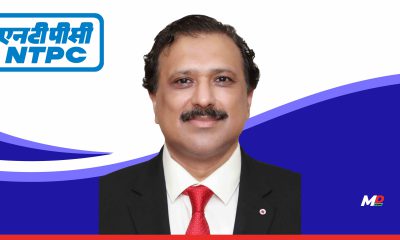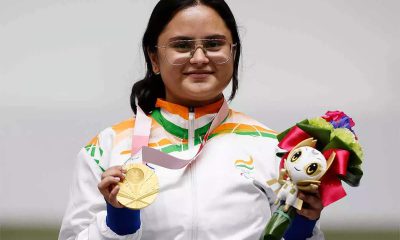Politics
Lok Sabha set for Speaker showdown as consensus talks fail

India finds itself in the midst of a riveting political drama, with the government and opposition failing to arrive at a consensus for the coveted position of Lok Sabha Speaker. And so, for the first time since the nation’s independence, this hallowed office will be contested in an election.
The upcoming Lok Sabha Speaker election pits the BJP’s seasoned parliamentarian Om Birla against the Congress party’s veteran Kodikunnil Suresh, underscoring the intensity of the political rivalry.
The significance of the Lok Sabha Speaker’s role
The Lok Sabha Speaker is a pivotal figure in India’s parliamentary democracy, serving as the guardian of the lower house’s proceedings and ensuring the smooth functioning of the legislative process. This esteemed position wields immense influence, with the Speaker presiding over debates, maintaining order, and safeguarding the rights and privileges of members.
Traditionally, the Speaker’s post has been filled through a consensus-driven process, with both the ruling coalition and the opposition collaborating to select a candidate deemed suitable for the role. However, the upcoming election marks a departure from this established norm, as the two political powerhouses engage in a high-stakes battle for the coveted seat.
A victory for the BJP’s Om Birla would solidify the ruling coalition’s control over the Lok Sabha, potentially empowering the government to push through its legislative agenda with greater ease. Conversely, a win for the INDIA alliance’s Kodikunnil Suresh could serve as a symbolic victory for the opposition, bolstering their influence and bargaining power within the lower house.
The contenders: Om Birla and Kodikunnil Suresh
The BJP’s Om Birla, a three-term Member of Parliament from Kota, Rajasthan, is the ruling alliance’s nominee for the Lok Sabha Speaker’s position. Birla, known for his parliamentary experience and negotiation skills, is widely expected to emerge victorious given the NDA’s numerical advantage in the lower house.
On the other side of the aisle, the Congress party has fielded Kodikunnil Suresh, an eight-term parliamentarian from Kerala’s Mavelikara constituency. Suresh, the longest-serving member of the 18th Lok Sabha, has been tasked with leading the opposition’s charge in this historic electoral showdown.
The battle for the Deputy Speaker’s post
Underlying the Lok Sabha Speaker election is a parallel tussle over the position of the Deputy Speaker. Traditionally, this role has been reserved for a member of the opposition, ensuring a balanced representation in the House’s leadership.
However, the BJP-led NDA has reportedly been reluctant to concede the Deputy Speaker’s post to the opposition, leading to a standoff between the two political blocs. The INDIA alliance has made its support for Birla’s candidacy conditional on the ruling coalition granting the Deputy Speaker’s position to the opposition.
The Trinamool twist
Adding an intriguing subplot to the Lok Sabha Speaker saga is the involvement of the Trinamool Congress (TMC), a key constituent of the INDIA alliance. Sources suggest that the TMC was not consulted in the nomination of Kodikunnil Suresh, leading to speculation about the party’s potential response.
The TMC’s relationship with the Congress-led opposition bloc has been marked by periodic tensions, and the party’s leader, West Bengal Chief Minister Mamata Banerjee, has a history of political maneuvers that defy conventional expectations. This unpredictable dynamic adds an extra layer of intrigue to the ongoing power struggle.
The battle for consensus
In the days leading up to the Lok Sabha Speaker election, the BJP and the opposition INDIA alliance have engaged in a high-stakes game of political maneuvering, each side seeking to secure the upper hand.
The BJP, led by senior ministers Rajnath Singh and Kiren Rijiju, made efforts to build a consensus with the opposition, hoping to secure a smooth and uncontested election for Birla’s re-appointment. However, the INDIA bloc’s demand for the Deputy Speaker’s post to be awarded to an opposition member proved to be a stumbling block, leading to a breakdown in negotiations.
The opposition’s tactical response
Faced with the BJP’s unwillingness to concede the Deputy Speaker’s position, the INDIA alliance decided to field Kodikunnil Suresh as a counter-candidate, setting the stage for a direct confrontation between the two political powerhouses.
This strategic move by the opposition underscores their determination to challenge the ruling coalition’s dominance and assert their own influence within the hallowed halls of the Lok Sabha. The decision to nominate Suresh, a seasoned parliamentarian, signals the INDIA alliance’s intent to mount a formidable challenge to the BJP’s plans.
The implications of a contested election
The impending Lok Sabha Speaker election marks a significant departure from the traditional consensus-driven approach that has characterized the selection of this pivotal position in the past. The high-stakes battle between the BJP and the INDIA alliance has the potential to reshape the dynamics of India’s parliamentary landscape.
A contested election for the Lok Sabha Speaker’s post could lead to a heightened sense of political polarization, with the ruling coalition and the opposition engaging in a fierce battle for supremacy. The outcome of this election could have far-reaching implications for the functioning of the lower house, the balance of power between the government and the opposition, and the overall tone of parliamentary discourse.
The precedent of the Deputy Speaker’s position
The ongoing tussle over the Lok Sabha Speaker’s election has also brought into focus the longstanding convention of reserving the Deputy Speaker’s post for a member of the opposition. This tradition, rooted in the principles of a balanced and inclusive legislative process, has been a source of contention in the current political landscape.
The BJP’s apparent reluctance to adhere to this convention has been met with staunch opposition from the INDIA alliance, underscoring the importance of maintaining a system of checks and balances within the Lok Sabha. The outcome of this debate could set a precedent for the future allocation of the Deputy Speaker’s role, with far-reaching implications for the representation of diverse political voices in the House.
A defining moment in Indian democracy
The battle between the BJP and the INDIA alliance is not just a clash of political titans; it is a struggle for the very soul of the Lok Sabha, a battle for the preservation of democratic norms and the representation of diverse voices. The result of this election will reverberate far beyond the confines of the lower house, shaping the course of India’s legislative journey in the years to come.
As the country watches with bated breath, the stage is set for a showdown that will leave an indelible mark on the annals of parliamentary history.














